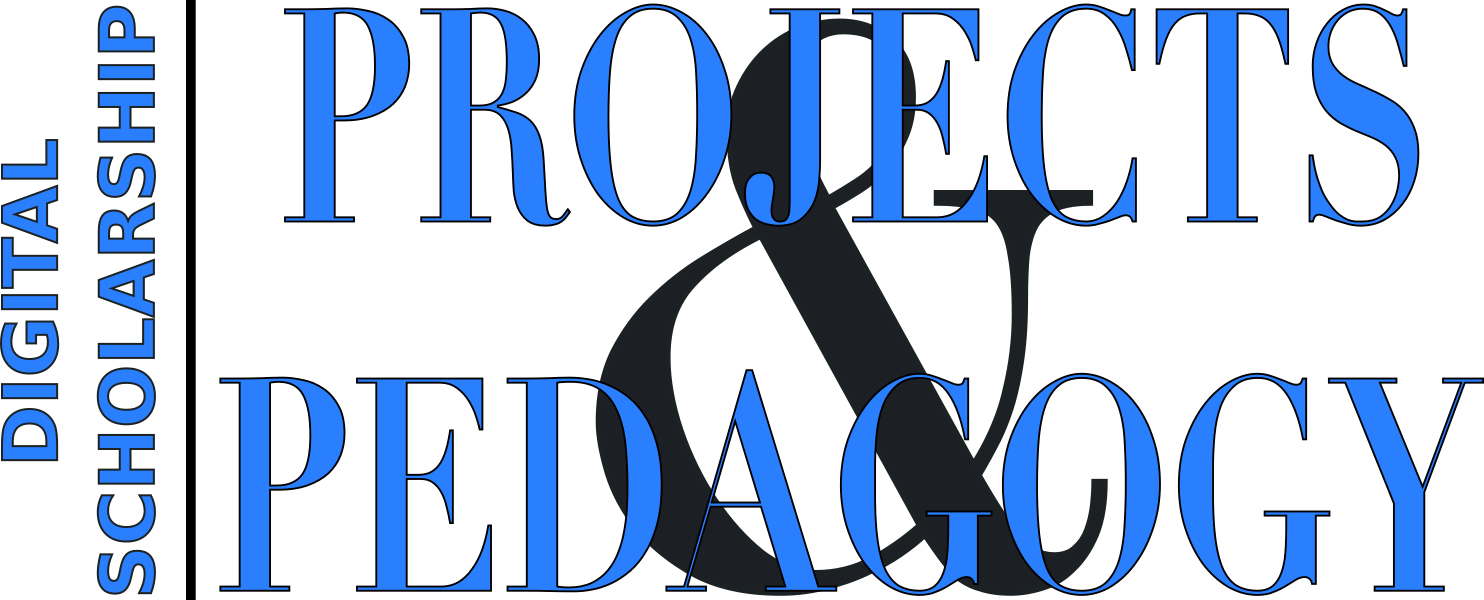
This proposal for “Digital Devon,” a digital humanities project, grows from the convergence of a pedagogic concern and an experiential opportunity. I am struck by the fact that Kenyon’s English curriculum offers students few occasions to translate their capacity for nuanced literary and cultural analysis and deep historical, critical, and archival research into forms that speak to a general audience attuned to emerging new media and information technologies. That is, I believe Kenyon English majors need to learn more innovative methods for articulating their scholarly insights within the popular discourse and media that, increasingly, shapes the cultural world of the twenty-first century. Simultaneously, as the Resident Director of the 2015-16 Kenyon-Exeter program, I recognize Kenyon students studying abroad at the University of Exeter enjoy an unparalleled opportunity to transform their encounter with the culture, literature, history, and traditions of the United Kingdom into a historically, visually, and archivally rich analysis of the society in which they will immerse themselves for the year. As “resident aliens”—people living and studying between two worlds—they will have the opportunity to dive deep into British culture and to use this distinctive position to act as interpreters for other travelers to the UK, including future generations of Kenyon-Exeter students.
The digital humanities project I propose will both capitalize on this opportunity and address the pedagogic challenge. Through site visits, archival exploration, interviews, and fieldwork, students on the 2015-16 Kenyon-Exeter program will expand the textual focus of the literature/cultural studies classroom, researching and analyzing key elements of the material culture, history, traditions, and daily activities that shape Devon life. In turn, they will transform their scholarly work into various digital media—such as descriptive narratives, audio interviews, analytic articles, short videos, photo-essays, and archival uploads—focused on specific individual topics, creating a digital travel guide that will educate a broad audience. Building on the flexible, graphically-sophisticated, multi-media- capable Drupal content management system, they will write, photograph, record, design, and curate a “Digital Devon” Baedeker Guide website, which will be hosted on-line via the Kenyon College site. In turn, once I return to Gambier in fall 2016, I hope to use this project to inspire similar digital humanities pedagogy focused on Ohio literature and history. Additionally, future Resident Directors of the Kenyon-Exeter program may decide to use Digital Devon as a pilot for similar projects for their students.
